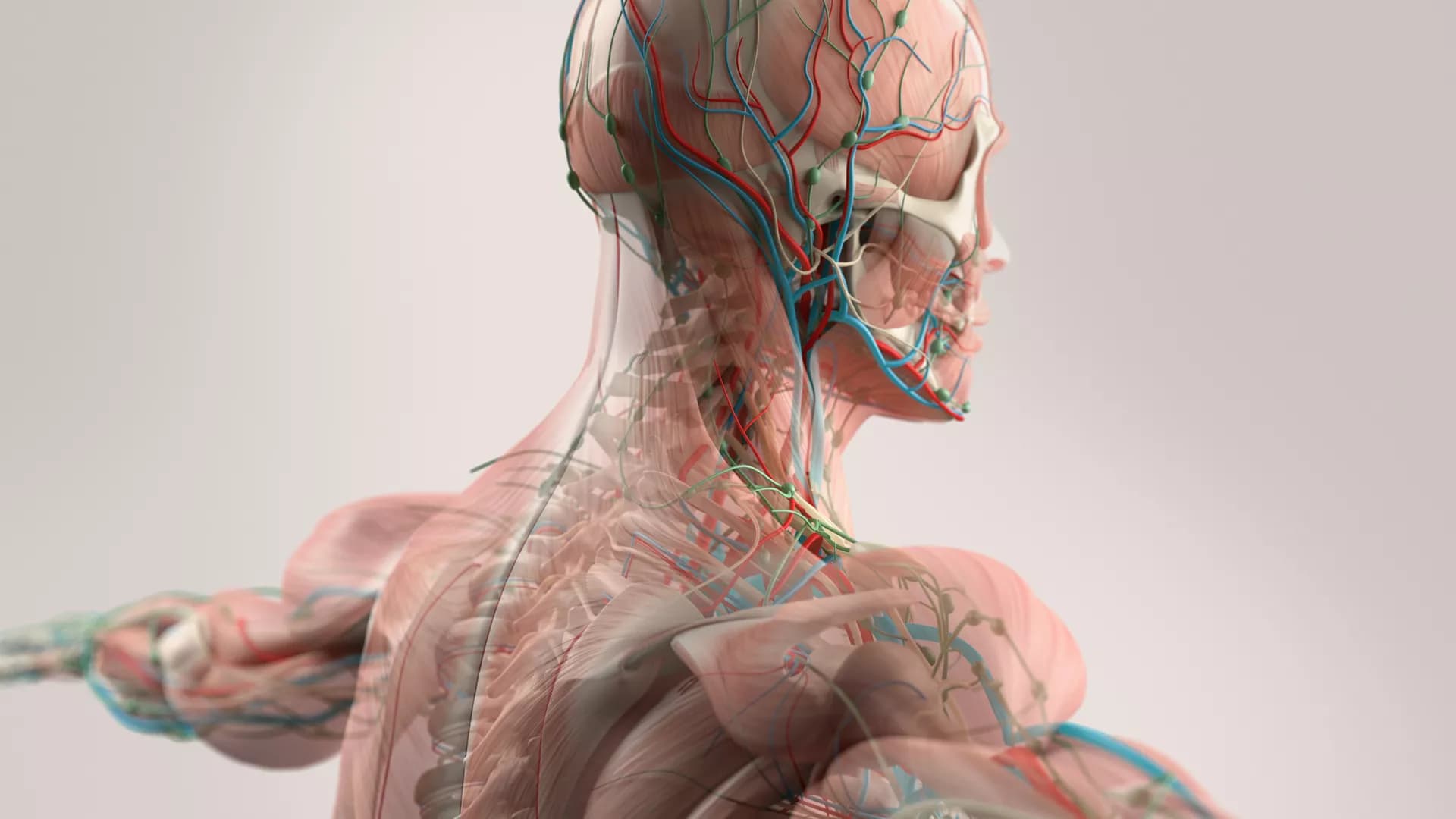Knowledge representation is a field of artificial intelligence centred on the provision of formal representations of knowledge to machines. In connection to knowledge representation, Ontology can be seen as providing the building blocks of knowledge representation in terms of the sorts of entities, attributes and relations that exist in a given knowledge domain. These fields have a long history in, and at the intersections of, various disciplines, including computer science, logic, philosophy, cognitive sciences and linguistics. They are arguably in themselves an extension of science itself that is dedicated to the understanding of physical reality. In the past decades, knowledge-based approaches, including ontological ones, have emerged as an organisational instrument for the collection of scientific data and the exposition of scientific understanding. This is particularly the case in biomedical sciences at large and in the domain of physiology.
Representing knowledge and the domain of reality encompassed by physiology is particularly challenging because of several fundamental philosophical and technical issues regarding physiology. On the philosophical side, for instance, the notion of life and physiological system is a particularly thorny one. On the technical side, physiology, which requires multi-scale holistic views on organismal processes represent an integration challenge in view of the modern compartmentalisation and specialisation of scientific knowledge. Furthermore, in times of data abundance, the tedious constitution of expert-informed, explicit representations of physiological knowledge tends to recede in the background. These require massively collaborative efforts of scientific experts of various stripes to formulate the constantly evolving and revisable scientific consensus.
This Research Topics aims at presenting the recent advances, established milestones and state of the art in the relevant fields tackling the problems of formal and explicit representation of mechanistic physiological knowledge and the theory and applications of ontology and ontological engineering in that context. The Topic Editors welcome review papers and original research on the following themes:
? Ontological foundations of physiology
? Classification of and relations between branches of physiology
? Specificity of knowledge representation in physiology
? Differences between formal treatments of the physiological and the pathological
? Formal representation of mechanistic physiological models
? Knowledge representation issues from comparative and cross species physiology
? Future proof knowledge representation and ontological framework for physiology
? Critics of current ontologies of physiology and physiological domains
? Multi-scale knowledge representation and ontology engineering
? Specific physiological issues in knowledge representation and ontology, such as:
? Health and normal physiology
? Living tissue, organism and object
? Physiological process
? Physiological function
? Physiological unity
? Model organisms
? Specific knowledge representation and ontological issues in branches of physiology
? Application of ontologies in the organisation of physiological knowledge
? Ontology-based semantic metadata for physiological models
Topic editor Pierre Grenon is employed by Boro Solutions Ltd. All other Topic Editors declare no competing interests with regards to the Research Topic subject.
Knowledge representation is a field of artificial intelligence centred on the provision of formal representations of knowledge to machines. In connection to knowledge representation, Ontology can be seen as providing the building blocks of knowledge representation in terms of the sorts of entities, attributes and relations that exist in a given knowledge domain. These fields have a long history in, and at the intersections of, various disciplines, including computer science, logic, philosophy, cognitive sciences and linguistics. They are arguably in themselves an extension of science itself that is dedicated to the understanding of physical reality. In the past decades, knowledge-based approaches, including ontological ones, have emerged as an organisational instrument for the collection of scientific data and the exposition of scientific understanding. This is particularly the case in biomedical sciences at large and in the domain of physiology.
Representing knowledge and the domain of reality encompassed by physiology is particularly challenging because of several fundamental philosophical and technical issues regarding physiology. On the philosophical side, for instance, the notion of life and physiological system is a particularly thorny one. On the technical side, physiology, which requires multi-scale holistic views on organismal processes represent an integration challenge in view of the modern compartmentalisation and specialisation of scientific knowledge. Furthermore, in times of data abundance, the tedious constitution of expert-informed, explicit representations of physiological knowledge tends to recede in the background. These require massively collaborative efforts of scientific experts of various stripes to formulate the constantly evolving and revisable scientific consensus.
This Research Topics aims at presenting the recent advances, established milestones and state of the art in the relevant fields tackling the problems of formal and explicit representation of mechanistic physiological knowledge and the theory and applications of ontology and ontological engineering in that context. The Topic Editors welcome review papers and original research on the following themes:
? Ontological foundations of physiology
? Classification of and relations between branches of physiology
? Specificity of knowledge representation in physiology
? Differences between formal treatments of the physiological and the pathological
? Formal representation of mechanistic physiological models
? Knowledge representation issues from comparative and cross species physiology
? Future proof knowledge representation and ontological framework for physiology
? Critics of current ontologies of physiology and physiological domains
? Multi-scale knowledge representation and ontology engineering
? Specific physiological issues in knowledge representation and ontology, such as:
? Health and normal physiology
? Living tissue, organism and object
? Physiological process
? Physiological function
? Physiological unity
? Model organisms
? Specific knowledge representation and ontological issues in branches of physiology
? Application of ontologies in the organisation of physiological knowledge
? Ontology-based semantic metadata for physiological models
Topic editor Pierre Grenon is employed by Boro Solutions Ltd. All other Topic Editors declare no competing interests with regards to the Research Topic subject.







